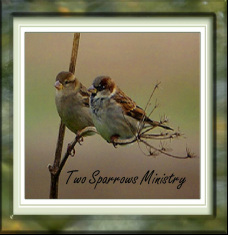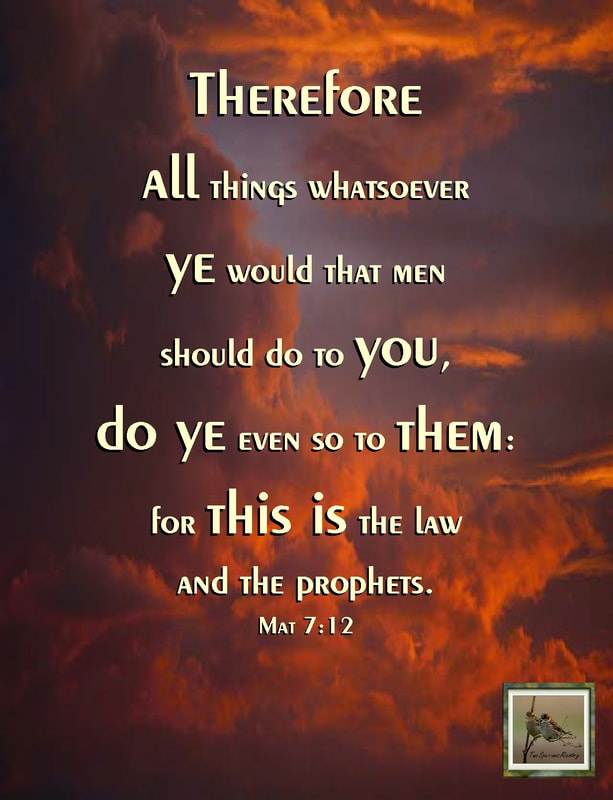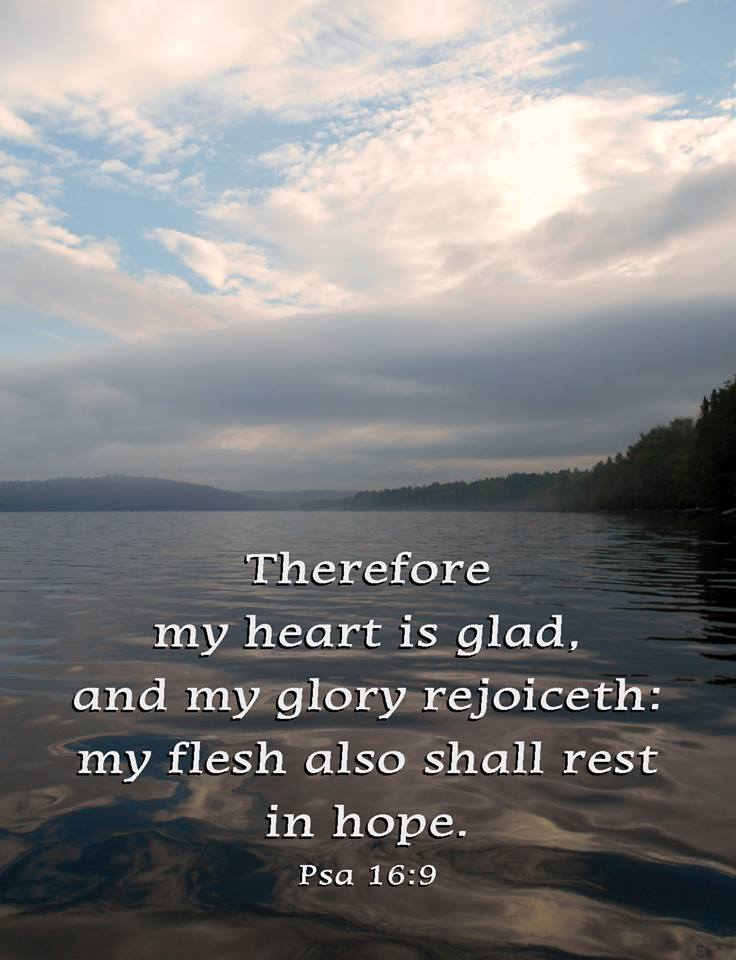Heb 11:13 These all died in faith, not having received the promises, but having seen them afar off, and were persuaded of them, and embraced them, and confessed that they were strangers and pilgrims on the earth.
Heb 11:14 For they that say such things declare plainly that they seek a country.
Heb 11:15 And truly, if they had been mindful of that country from whence they came out, they might have had opportunity to have returned.
Heb 11:16 But now they desire a better country, that is, an heavenly: wherefore God is not ashamed to be called their God: for he hath prepared for them a city.
The patriarch’s of faith spoken of in Hebrews exemplifies this for us. In the passages above, we can observe some important truth’s.
These all died in faith. All the patriarchs named. They died without the fulfillment of the promises, either those of a temporal possession or of an innumerable seed. They died as believers, waiting for, but not actually seeing as yet their good things promised to them. They were true to this principle of faith even unto, and especially in, their dying hour.
Having seen them afar off. They beheld them in the future by faith.
Now as these did not receive the promise of entering literal Canaan, some other promise made in the first ages, and often repeated, must be that meant, namely, the promise of a coming Redeemer made to Adam, “the seed of the woman shall bruise the serpent’s head.”
This promise of eternal redemption is the inner essence of the promises made to Abraham. Gal. 3:16
Christ, as the Word, was preached to the Old Testament believers, and so became the seed of life to their souls, as He is to ours. John 8:56
Confessed. By their whole lives that they were pilgrims. They had no fixed home and were waiting for a country. Worldly men hold fast the world; believers sit loose to it. Citizens of the world do not confess themselves “strangers on the earth.”
They that say such things. Who confess that they are pilgrims.
Seek a country. This confession shows that they are seeking a country somewhere other than this world, but have not yet found it. We have a heavenly citizenship ,Heb 11:16: “our citizenship is in heaven” (Greek: Heb 10:34; Psa 119:54; Phi 3:20). “Whosoever professes that he has a Father in heaven, confesses himself a stranger on earth; hence there is in the heart an ardent longing, like that of a child living among strangers, in want and grief, far from his fatherland” (Luther). “Like ships in seas while in, above the world.”
If they had been mindful, etc. They could have returned to their old home in Ur of the Chaldees, if they had chosen, but though homeless in a strange land they had faith in a future home.
As Abraham, had he desired to leave his pilgrim life in Canaan, and resume his former fixed habitation in Ur, among the carnal and worldly, had in his long life ample opportunities to have done so; and so spiritually, as to all believers who came out from the world to become God’s people, they might, if they had been so minded, have easily gone back.
But, we can move forward to the gospel of John, when Jesus asked Peter if he also would leave him; Peter’s answer is the same as it was for them, and is the same for us:
Joh 6:65 And he said, Therefore said I unto you, that no man can come unto me, except it were given unto him of my Father.
Joh 6:66 From that time many of his disciples went back, and walked no more with him.
Joh 6:67 Then said Jesus unto the twelve, Will ye also go away?
Joh 6:68 Then Simon Peter answered him, Lord, to whom shall we go? thou hast the words of eternal life.
If we should turn from Christ, to whom should we go? Peter's confession here is of the same purport as that at Cæsarea Philippi.
“We, in this day and hour cannot deny that we have been staggered as well as they, and seeing so many go away who, as we thought, might have been retained by teaching a little less hard to take in. Our own endurance has been severely tried, we also have been sorely tried, and just stopping short of the question, Shall we follow the rest, and give it up? But when it comes right down to it, as soon as we think of going away, there arises upon us that awful question, ‘TO WHOM shall we go?’ To the lifeless formalism and wretched traditions of dead religion? to the gods many and lords many of the heathen around us? or to blank unbelief? No, we are shut up. They have none of that ‘ETERNAL LIFE’ to offer us; only Christ. He, and He alone burns in our hearts, pierces our souls. Only His words have the power and authority to change every circumstance; and us. We must stay with Him, there is no other Savior.
Desire a better country. They desired a country better than Chaldea, better even than Canaan. They had a faith which looked for a heavenly country.
Rev 21:10 And he carried me away in the spirit to a great and high mountain, and shewed me that great city, the holy Jerusalem, descending out of heaven from God,
Rev 21:9-14
There came unto me one, etc. This is one of the angels of the vials of the wrath of God. See chap. 16. They did their work as wrath angels before the judgment, and are now seen engaged in other work.
I will shew thee the Bride, the Lamb's wife. The glorified church henceforth to be united with her Lord.
He carried me away in the spirit. He seemed to be stationed on a high mountain and there to see a mighty city descending out of heaven. The angel said, "I will show thee the Bride," and he showed him a beautiful city. The harlot of chapter 17 was a great, wicked city, "Mystery, Babylon the Great," while the Bride is a great city also, the "holy Jerusalem, descending out of heaven."
Having the glory of God. Lighted by the divine presence and glory. We cannot follow all the details of its splendor, but they are designed to show that it exhibited a splendor such as mortal eye has never seen. The walls are of jasper, the gates of pearl, the foundations of precious stones and the streets paved with gold. The dimensions are immense, beyond even human conception, and its gates stand open night and day. The names of the twelve apostles of the Lamb are written upon its foundations, and of the tribes of Israel upon its gates.
Twelve gates. As many as there were tribes and apostles.
Twelve angels. As gate-keepers to prevent the unclean from entrance.
Names written thereon. The names of the twelve tribes of Israel. These were typical of the true Israel, the saints, and shows that all who belong to the true Israel will enter.
The wall of the city had twelve foundations. The twelve apostles of the Lamb are foundations of the Church, Jesus Christ being the chief corner-stone.
Summation:
The greatness of Christian exiles is not success but service. Whether we win or lose, we witness to the way of truth, beauty, and joy. We don’t own culture, and we don’t rule it. We serve it with brokenhearted joy and longsuffering mercy, for the good of man and the glory of Jesus Christ.
So, in light of this; let us carry on in faith, to glory; following the sojourner’s that have gone on before us.
Php 3:13-14 Brethren, I count not myself to have apprehended: but this one thing I do, forgetting those things which are behind, and reaching forth unto those things which are before, I press toward the mark for the prize of the high calling of God in Christ Jesus.
Lorna Couillard








